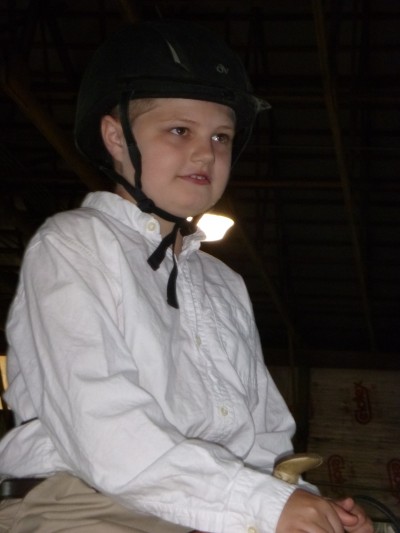
Recently we celebrated the birthday of my youngest son, who has high-functioning autism. Families and friends from both sides of his genetic tree came to usher in his last year in single digits, while his almost teen-aged older brother with severe autism looked on. For the most part, things went well. There were however Justin’s attempts to pilfer his younger brother’s gifts (which ironically would have ended in him giving them back in disdain.) We had to negotiate with my eldest to get him out of our freezing garage and end his organizing stint (a long story for another day.) I almost forgot the mildly over-cooked chicken nuggets in the oven (my brother-in-law came to the rescue on that one.) All in all however, the event went well, with my littlest love thrilled with his gifts and sad all the hoopla and his four parties were over.
Yes, I said four parties.
I often get reflective after these birthday parties for my sons, am prone to remembering years when things haven’t gone so well. There was the year we tried to keep Justin on the computer when Zach was opening his presents (which bombed miserably, resulting in meltdowns for both.) At another party my husband and I ended up having to carry Justin up to his room for some action I’ve totally forgotten, whisking him past a dozen or more suddenly hushed adults.
|
|
Good times.
Things have not always remained constant at our parties, but one thing has remained consistent with both our families and friends since Justin’s diagnosis twelve years ago, something for which I will always be eternally grateful.
No judgment.
There are many other things looking back which I am eternally grateful for, and if you’re reading this and are a family member or a friend of a parent whose child has just received an autism diagnosis, take a minute and peruse. My husband and I were very fortunate with the way the people in our lives reacted- not all of my friends with autistic kids have been so lucky.
1) Don’t judge. You may not understand why your friend/family member is handling her child’s meltdown/insomnia/refusal to eat/obsession with lining everything up in the way she is. Trust me, she knows better than anyone else what to do, and knows her child best. Only offer suggestions if she asks for them.
2) Offer to help, and mean it. She may be so overwhelmed she might not even know where to start asking for help. Give her time. She may need you to go on a doctor’s visit with her, or watch her child while she takes siblings to another appointment. She may just need to get out of her house for a few hours and take a break from autism. Whatever she needs, try to be there for her, and be there multiple times.
3) Initially, don’t send her research. Trust me, she will be logging in a few million hours on the internet. Hold onto whatever you find until things have calmed down a bit and you feel she can be receptive to your help.
4) Never compare her child to your second cousin’s neighbor’s high school sweetheart’s autistic kid. Autism comes in many shapes and sizes. Just because somebody’s kid talked at seven does not mean your friend’s kid will. Comparisons are odious…
5) If your friend’s child has mild autism, don’t tell her he/she will grow out of it. Autism is a life-long neurological disorder- it’s for keeps. There are struggles and differences even for those on the high-functioning end of the spectrum. Respect that.
6) Make them a meal. Even if she’s “gone GF/CF,” take the time to bring them dinner if you live nearby. Random acts of kindness cheered up my family immensely in the months following our sons’ diagnoses. They were often the only bright spots in our day when dealing with meltdowns, sleeplessness, and mounds of paperwork for Early Intervention and school placements. Make the effort.
7) If you know of anyone with an autistic child who might be a positive support for your friend, hook her up. The key word here is “positive.” She needs someone to vent to, who may even have suggestions and referrals to services and people who can make her life easier.
8) If the family needs money and you can help, offer it. Insurance reform has helped immeasurably in covering autism therapies, but there may be a lag time before they kick in. Offer to fill in the gap if you can.
9) Just listen. Don’t share with your friend that your neurotypical child had sleeping/eating/behavioral issues too. Generally in NT world those issues don’t last for eighty years. You have no idea how long your friend/family member will be dealing with these challenges, and they are different than the ones your NT child is/was facing. Just be there as a sounding board.
10) Get both parents out. Find a way for them to at least enjoy a peaceful dinner or a movie once a month. It will help both them as individuals and their marriage immensely. If they protest at first keep at it- they need it whether they know it or not.
For more on my family visit my blog at autismmommytherapist.wordpress.com
Follow me on Facebook at Autism Mommy-Therapist











